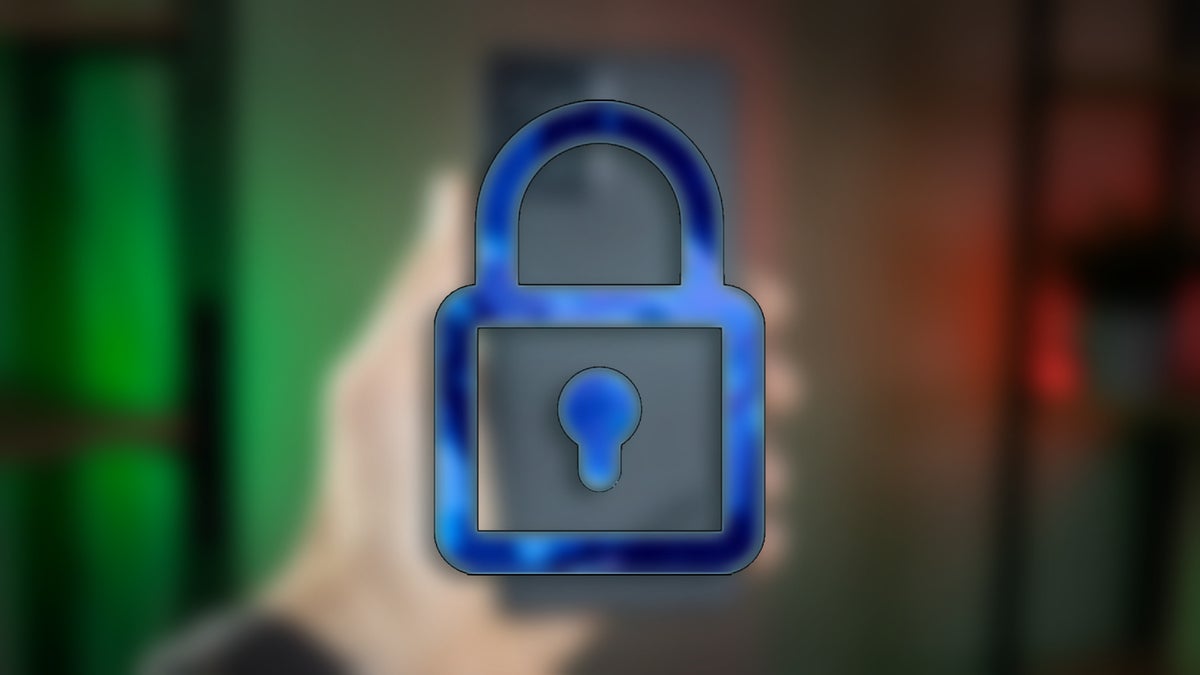Cybercrime is lowest in these three states, so if you live there you can rest easy

Did you know? Your Android phone is basically a computer. And not only because it has all the parts like a CPU and RAM, but rather because its raw power can rival numerous desktop PCs from the last decade. That's a huge leap, always capable to make your head swirl when you think about it.
With technology being more prominent and powerful, it also brings many new opportunities. Of the good and bad sort. One of the most widespread and varied examples of the latter category is cybercrime. To give you an idea, check out this BlackBerry Global Threat Intelligence Report.
The good news is that the US is the top country regarding number of prevented attacks, so most of those have been taken care of before they evolved into problems. But that doesn't mean that cybercrime is easy to handle. In fact, due to its numerous forms — ranging from spam to DDoS attacks — it is particularly difficult to deal with.
That being said, though, some data from the FBI was analyzed by WindowsReport.com and it highlighted something intriguing. It would appear that Mississippi, Kansas and North Dakota are the states with the lowest rate of cybercrime in the US.

Moto's ThinkPhone is one of the most security-oriented smartphones on the market! | Image credit - PhoneArena
Well, for starters, one must ask: how technologically advanced are these states? Cybercrime is bound to directly correlate with technological capabilities, because… Well, if there is no tech to target, then there won’t be any attacks, right?
Numerous reports online, like this one from FoxBusiness, have all three states at the bottom of its list for “Most Innovative State of 2022”. While these aren’t taking into account technological availability specifically, the placements should still serve as a generalized indication.
But even then, the list has 51 entries. And despite that, only Mississippi, Kansas and North Dakota are among the top regarding lack of cyber attacks. As such, something different has to be going on there that makes them more resilient against cybercrime.
Follow us on Google News












Things that are NOT allowed:
To help keep our community safe and free from spam, we apply temporary limits to newly created accounts: